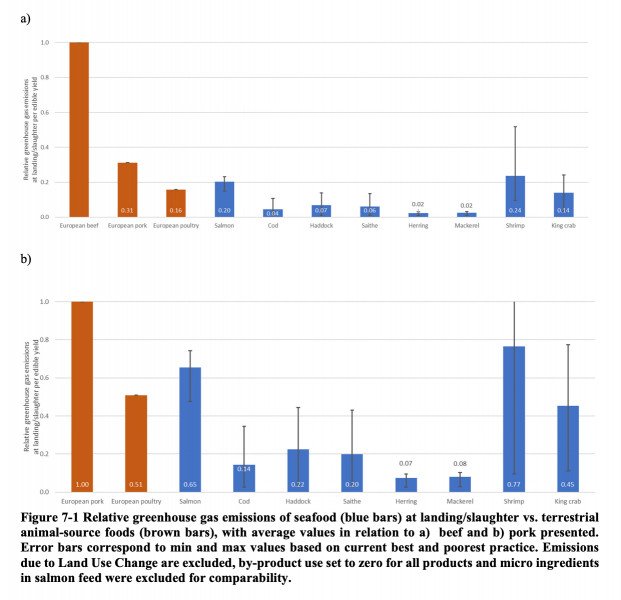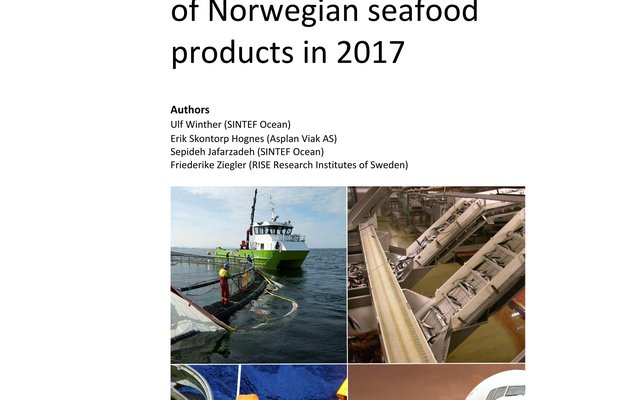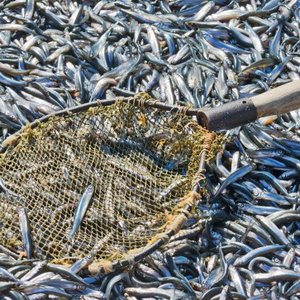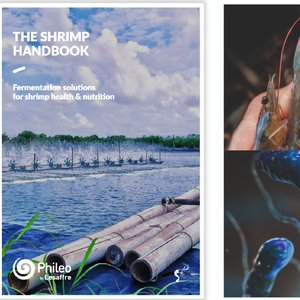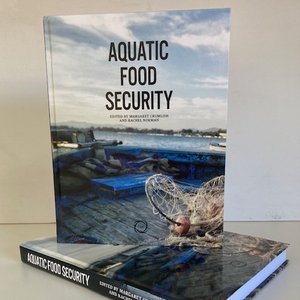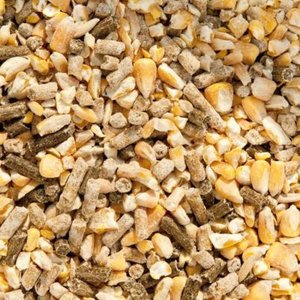Substituting plant-based feed ingredients in fish feed with marine ingredients, such as fishmeal and fish oil, can reduce the carbon footprint from farmed fish, according to a recent study from the Norwegian independent research institute SINTEF. The institute has recently analyzed and compared greenhouse gas emissions of different types of seafood and land-based food in Norway.
The significant land use, transport and production requirements of plant-based ingredients lead to increasing greenhouse gas emissions for farmed fish when the feed is increasingly based on plant ingredients.
“During the last ten years there has been a change in the diet of farmed fish towards a feed that is almost 70% plant-based. That is a development that is not necessarily great from a climate perspective, if it means replacing marine ingredients with Brazilian soy. Changing the composition of the ingredients in the feed has the largest potential to reduce the carbon footprint of farmed salmon,” said Ulf Winther, special advisor from SINTEF.
Farmed salmon is producing the lowest greenhouse gas emissions together with chicken, while pork has around 50% higher emissions and beef five times the relative amount. Wild caught fish have the lowest footprints, and especially pelagic fish, the base for fishmeal and oil, has a very low relative emission level. The more marine ingredients in the feed for farmed salmon, the lower the footprint, the report states.
Download the report here.
